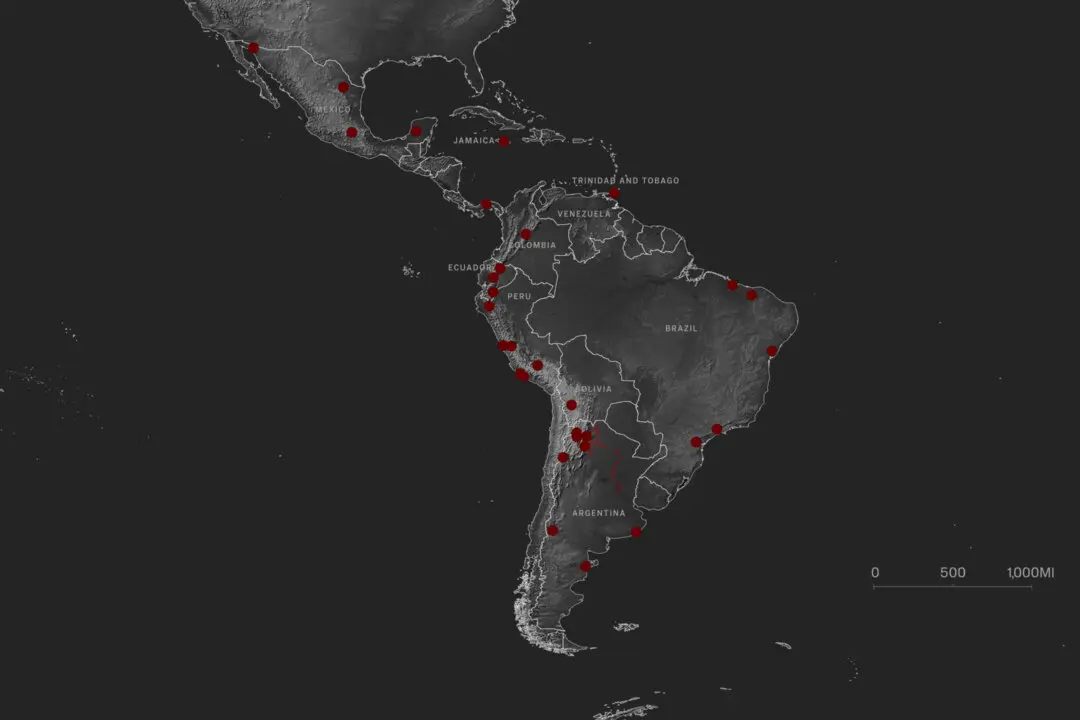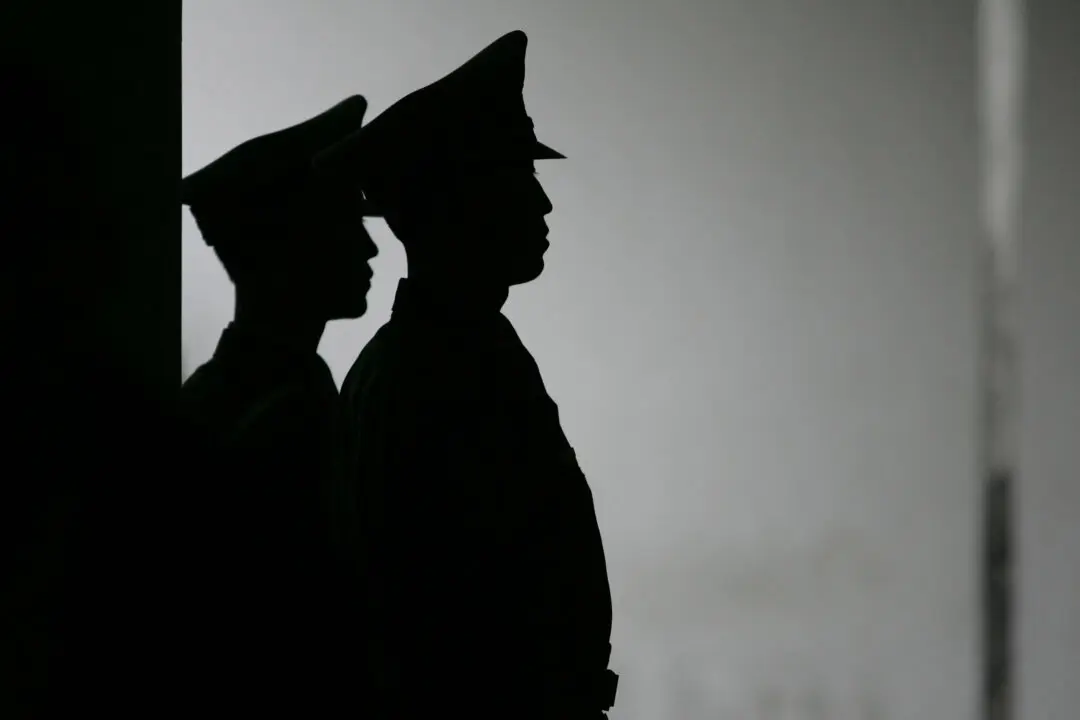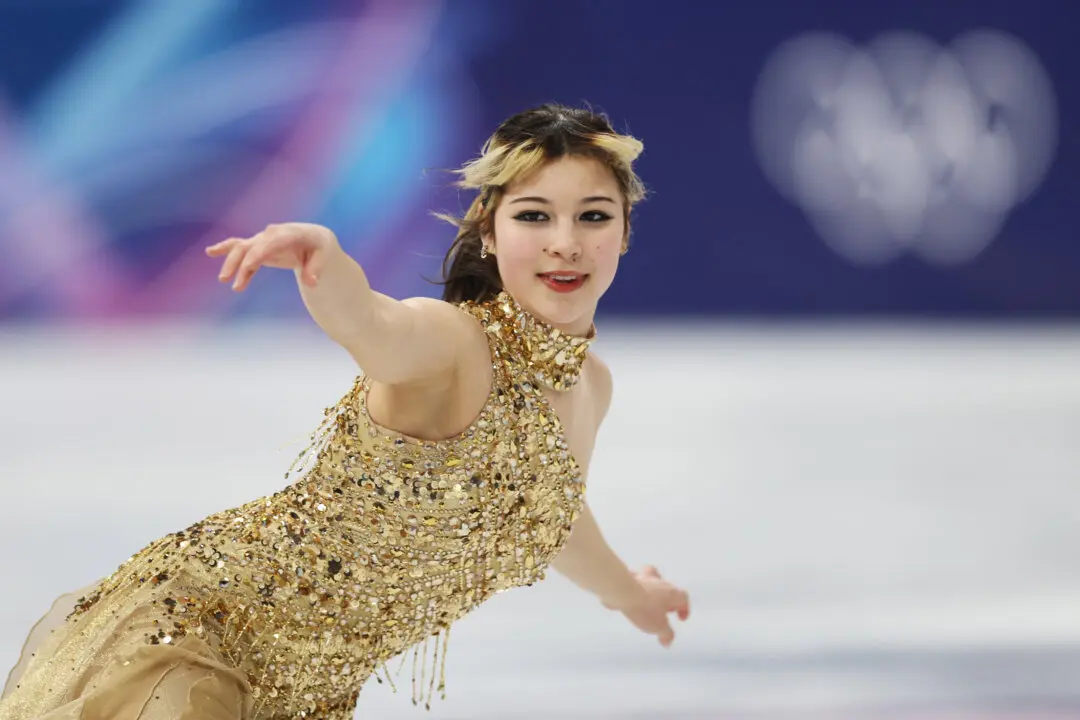A federal judge on July 11 declined Steve Bannon’s request to delay his contempt of Congress trial, dismissing the former Trump adviser’s reasoning that publicity around the closely-watched trial would make it difficult for a jury to be impartial.
“I see no reason for extending this case any longer,” said U.S. District Judge Carl Nichols, after an hours-long hearing in federal court. He would reconsider granting a delay only if it proves impossible to select an unbiased jury, he said.





